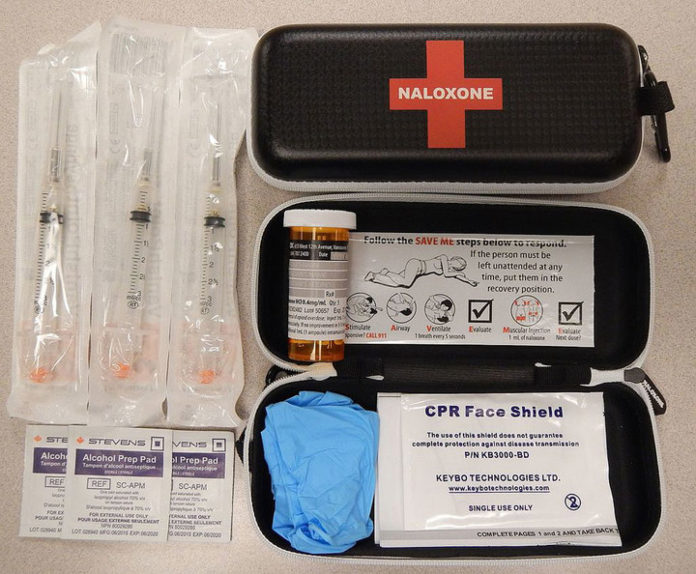
Michigan will soon offer easier access to a medication that, for many people struggling with addiction, could be the difference between life and death.
The state’s Senate and House of Representatives unanimously passed a bill in mid-December that allows pharmacists to give patients kits of naloxone – a life-saving opioid overdose reversal medication – without a prescription, under a statewide standing order from Michigan Chief Medical Executive Eden Wells.
“The idea of a standing order says that we don’t need doctors to prescribe this,” said Dr. William Morrone, deputy chief medical examiner in Bay County, Michigan.
The standing order aims to combat Michigan’s alarming spike of drug overdose deaths in recent years. Michigan saw 1,980 drug overdose deaths in 2015 alone, a 13.3 percent increase from 2014, according to a study by the Centers for Disease Control and Prevention. The study listed Michigan among 19 states with statistically significant increases in drug overdose deaths.
“The full idea is that we understand that some people may make a poor decision, and they shouldn’t have to die for that,” Morrone said. “If everybody that overdoses can only get a dose in the emergency room, then we’re going to have a lot more people dying.”
Under a statewide standing order, the governor’s chief medical officer accepts responsibility for a blanket prescription that allows pharmacies to distribute naloxone, supported by the state’s attorney general office. But doctors can also issue a standing order for naloxone to be distributed to designated pharmacies or professionals to patients who meet certain criteria. Both methods essentially allow someone to receive a naloxone kit without meeting the doctor who officially prescribes it.
“It can be an executive order from the top down, to individual pharmacy chains or a geographic region,” said Morrone, who is also the chief medical officer for Recovery Pathways LLC in Bay City and Ortonville, Michigan.
House Bill 5326 was presented to Gov. Rick Snyder on Dec. 20 and would take effect in early 2017. It will amend the state’s… (continue reading)















